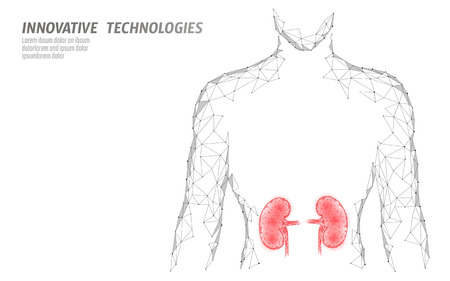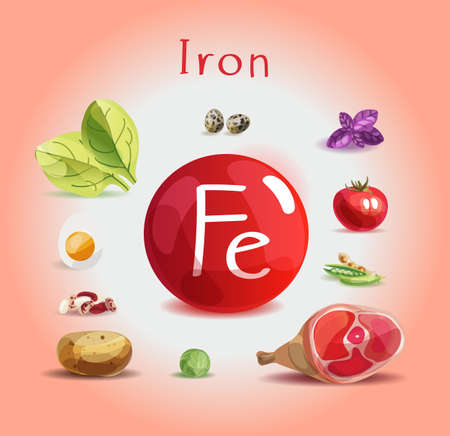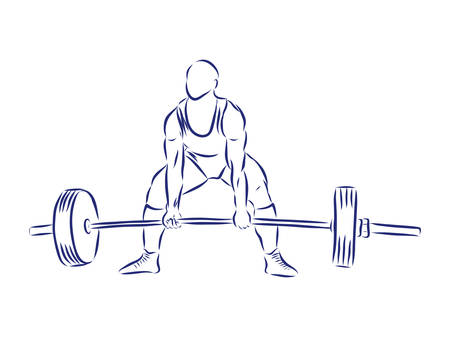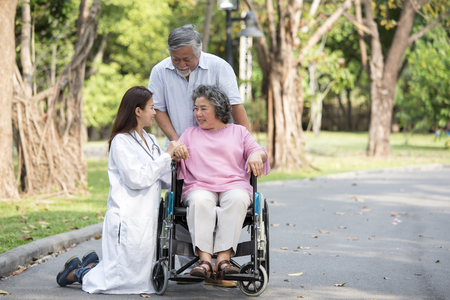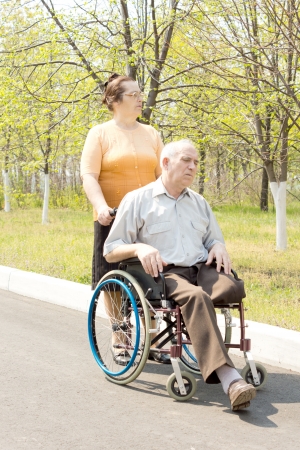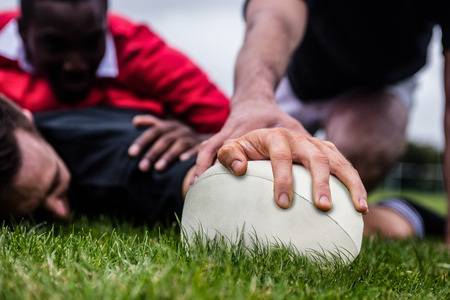Collaborative Planning: How GPs Work With Multi-Disciplinary Teams for Rehab
Introduction to Collaborative Planning in RehabilitationRehabilitation is a journey best navigated together. In the United Kingdom, collaborative planning stands at the very heart of effective rehabilitation, ensuring that each person receives care tailored to their unique needs and circumstances. This approach draws on the strengths of a multi-disciplinary team, led by General Practitioners (GPs), who…

